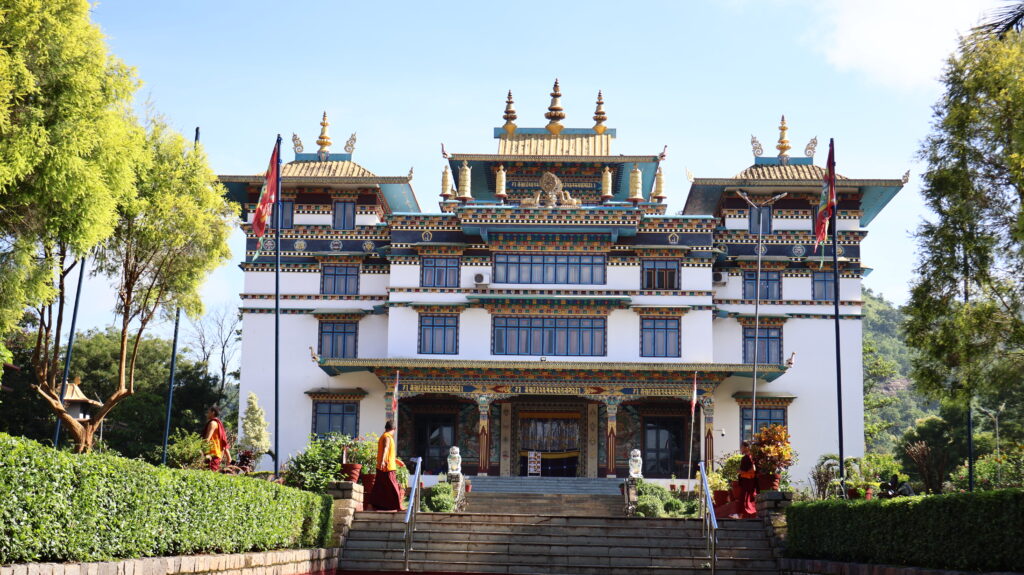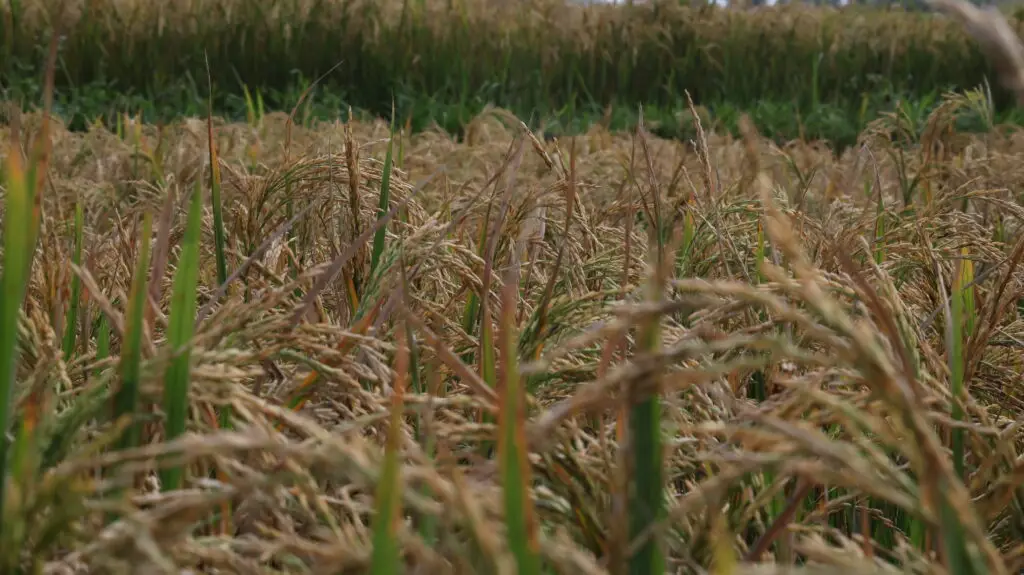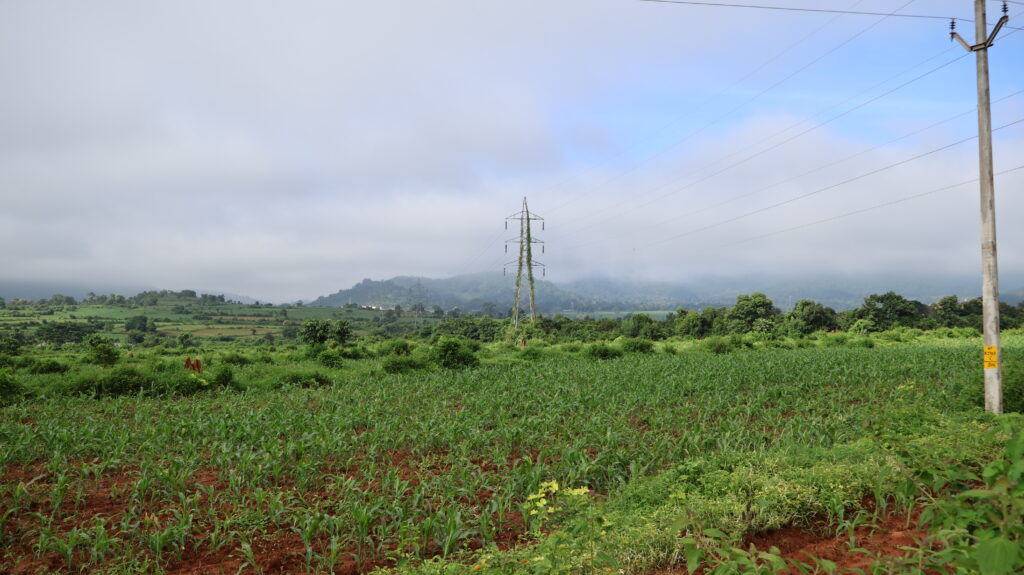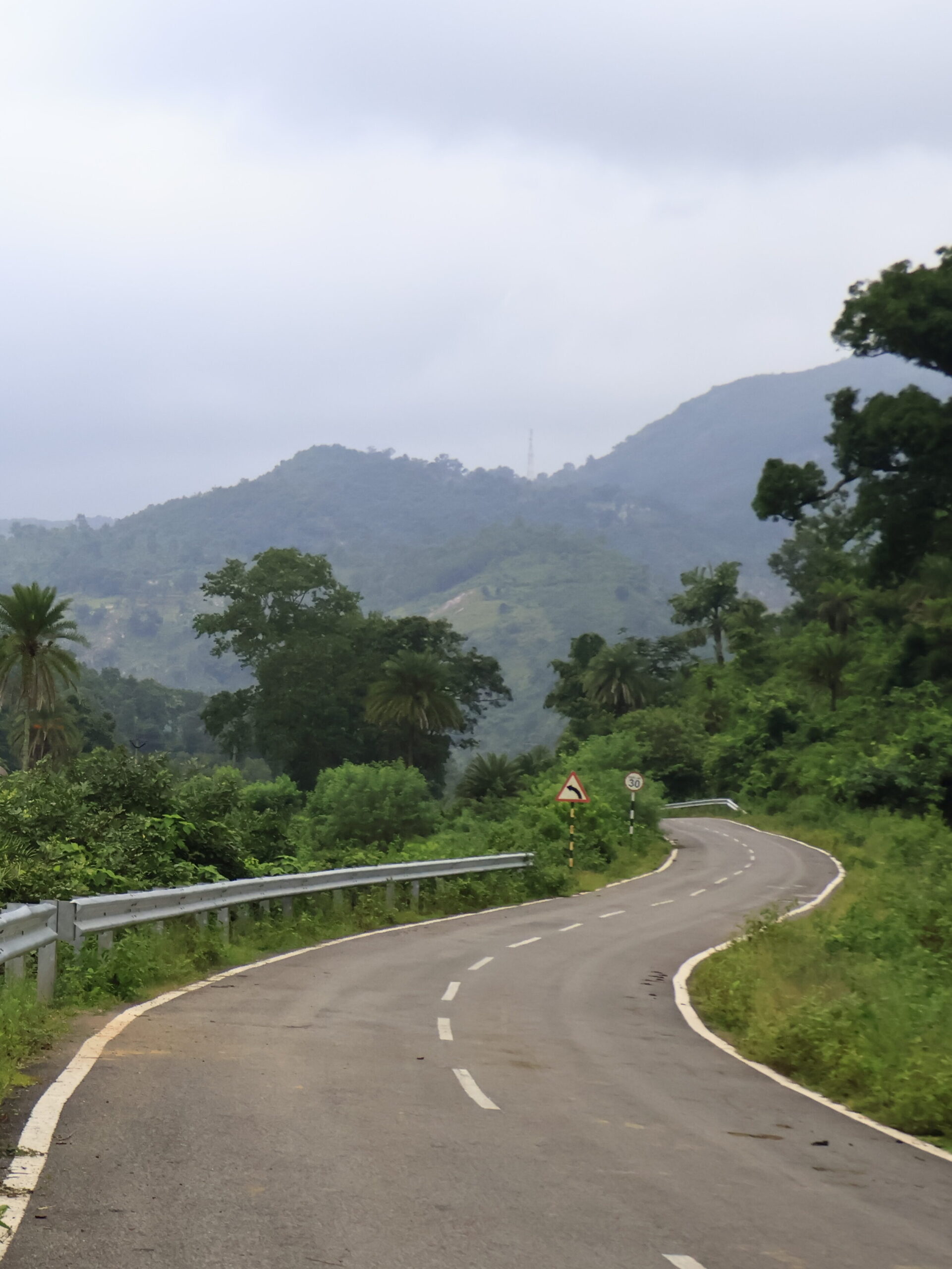about us
\
A Distant Home, A Quiet Struggle
There is a quiet sorrow etched into the soil of Phuntsokling, a place born not from hope, but from loss. When Tibetans fled their homeland after the 1959 uprising, they did not leave in search of opportunity — they left because they had no choice.
They arrived with almost nothing — just memories, prayers, and the clothes on their backs, carrying wounds both visible and unseen. Odisha’s tropical forests were far from the cold winds of the Himalayas, and even farther from the world they once called home.

Exile & Beginnings
In the early 1960s, hundreds of Tibetan refugees arrived in Gajapati District, a land foreign in every way — language, food, people, and weather. The red soil beneath their feet was not familiar, and neither was the sweltering, sticky heat that clung to their robes and skin.
What followed was decades of quiet perseverance. They were given forested land — wild, overgrown, and dangerous. There were no roads, no homes, no infrastructure. They cleared forests by hand, built huts from scratch, and dug irrigation channels under the beating sun.
They called the place “Phuntsokling” — The Land of Plenty — not because it was, but because they wished it to be.
The Silence of Language
The silence wasn’t just emotional. It was linguistic.
Tibetan elders could not speak Odia or Hindi. Locals could not speak Tibetan. Misunderstandings were frequent, and it made the settlers feel like ghosts walking through a world that couldn’t see or hear them.
Even when they went to towns for supplies, they were stared at, misunderstood — not out of cruelty, but confusion. The sense of unbelonging was everywhere.


The Culture That Carried Them
Despite it all, they prayed. Every morning. Every evening.
They built monasteries from mud and stone, and from them came chants — soft and deep — like the sound of mountains remembering. Monks became the emotional backbone of the community, guiding people not just in faith, but in resilience.
Festivals like Losar were celebrated with handmade candles, simple butter tea, and tears. Not tears of celebration, but of memory — for snow that no longer fell, for voices left behind, for elders who died still dreaming of going back.

A Home That Grew from Grief
Today, Phuntsokling is more than just a settlement — it is a wound that learned to breathe. The younger generation speaks many tongues now. They go to schools, walk the forest paths their grandparents once cleared, and learn both ancient scriptures and modern alphabets.
But the past is not forgotten. It is in every prayer flag, every butter lamp, every wrinkle on the face of an elder who still remembers Lhasa like it was yesterday.
